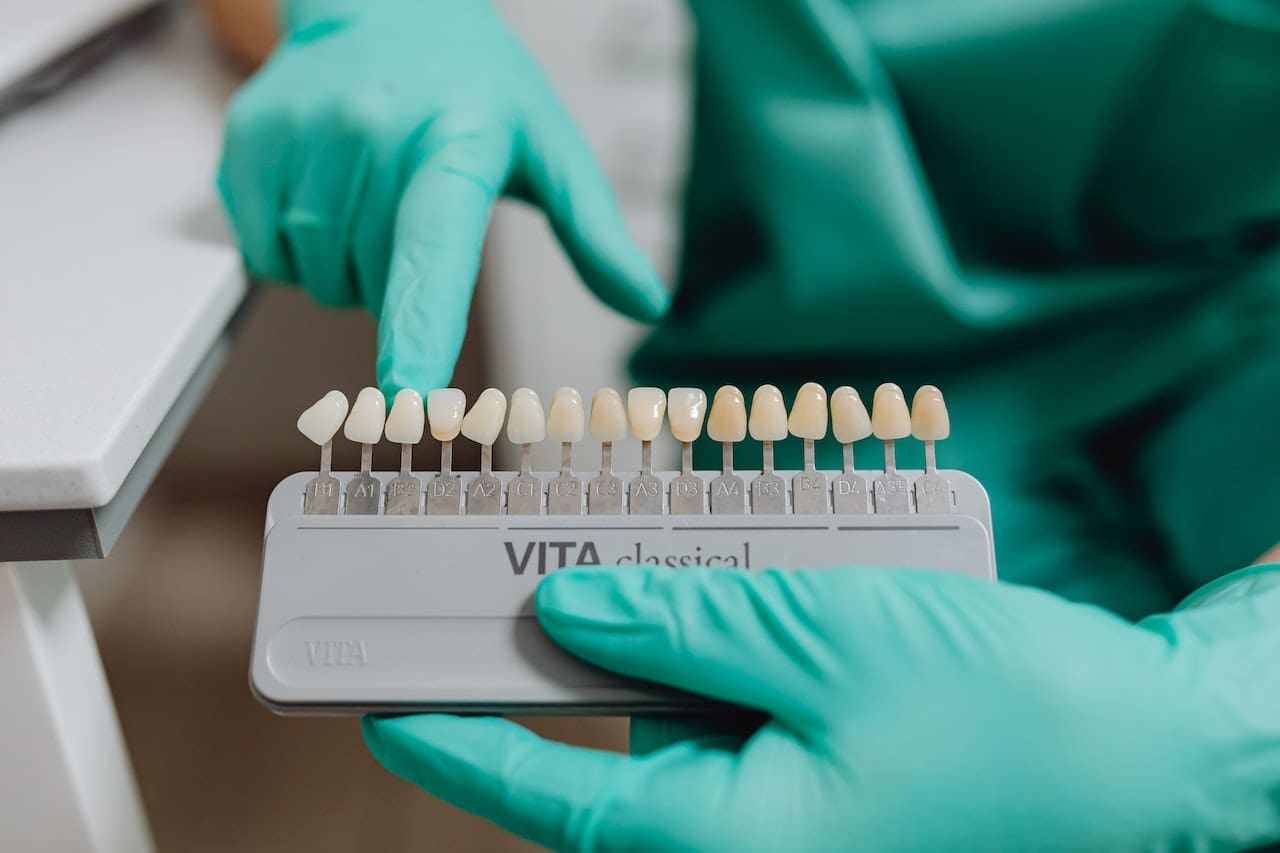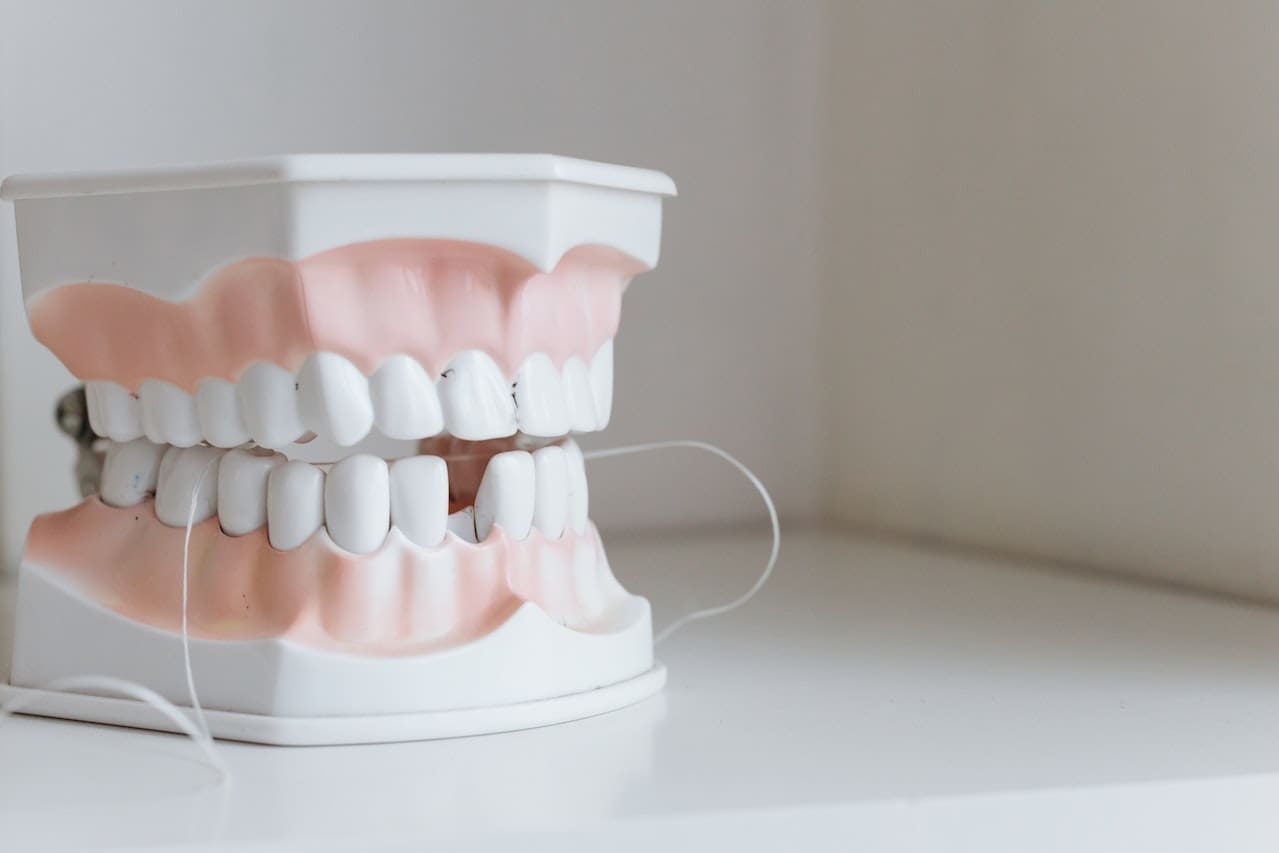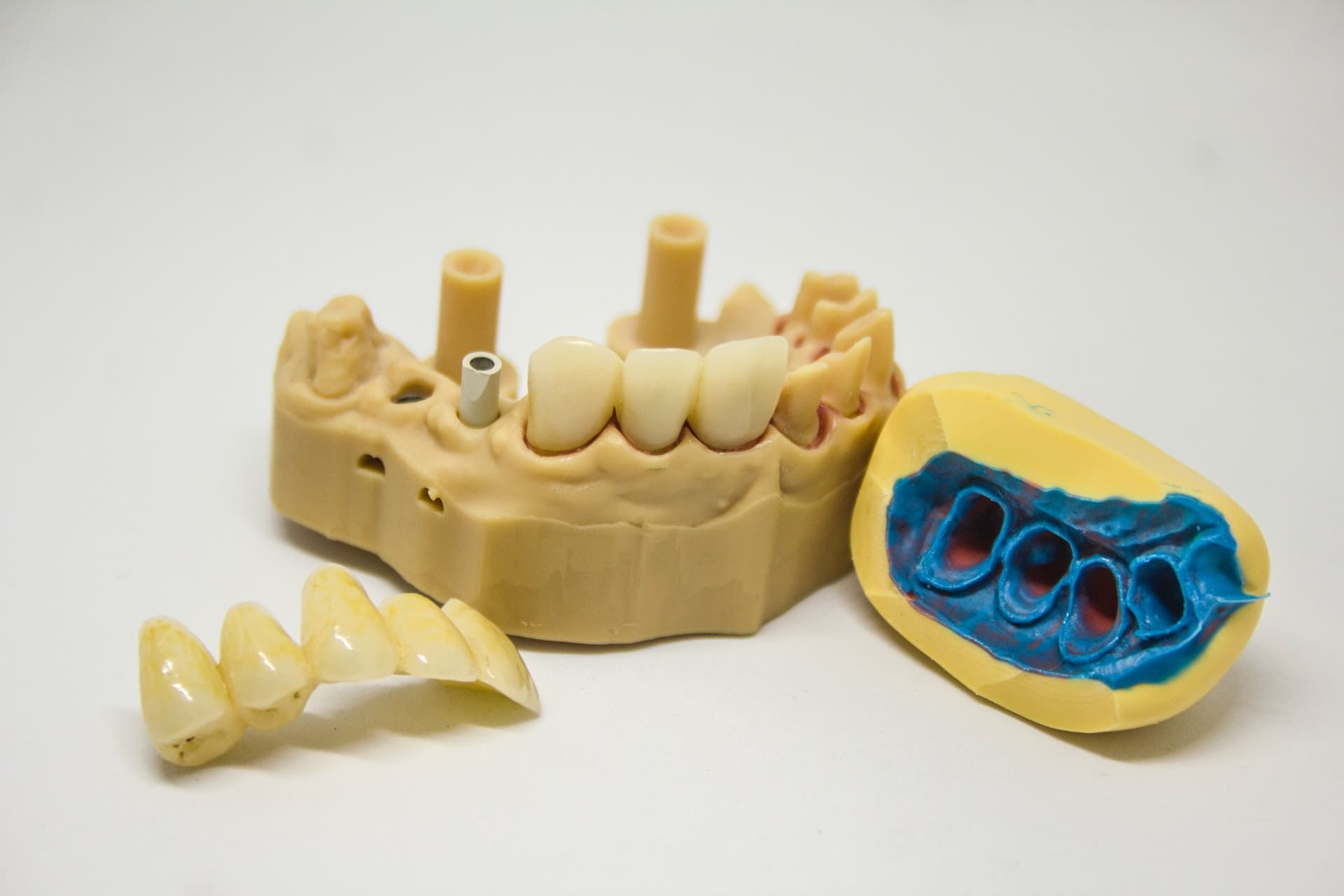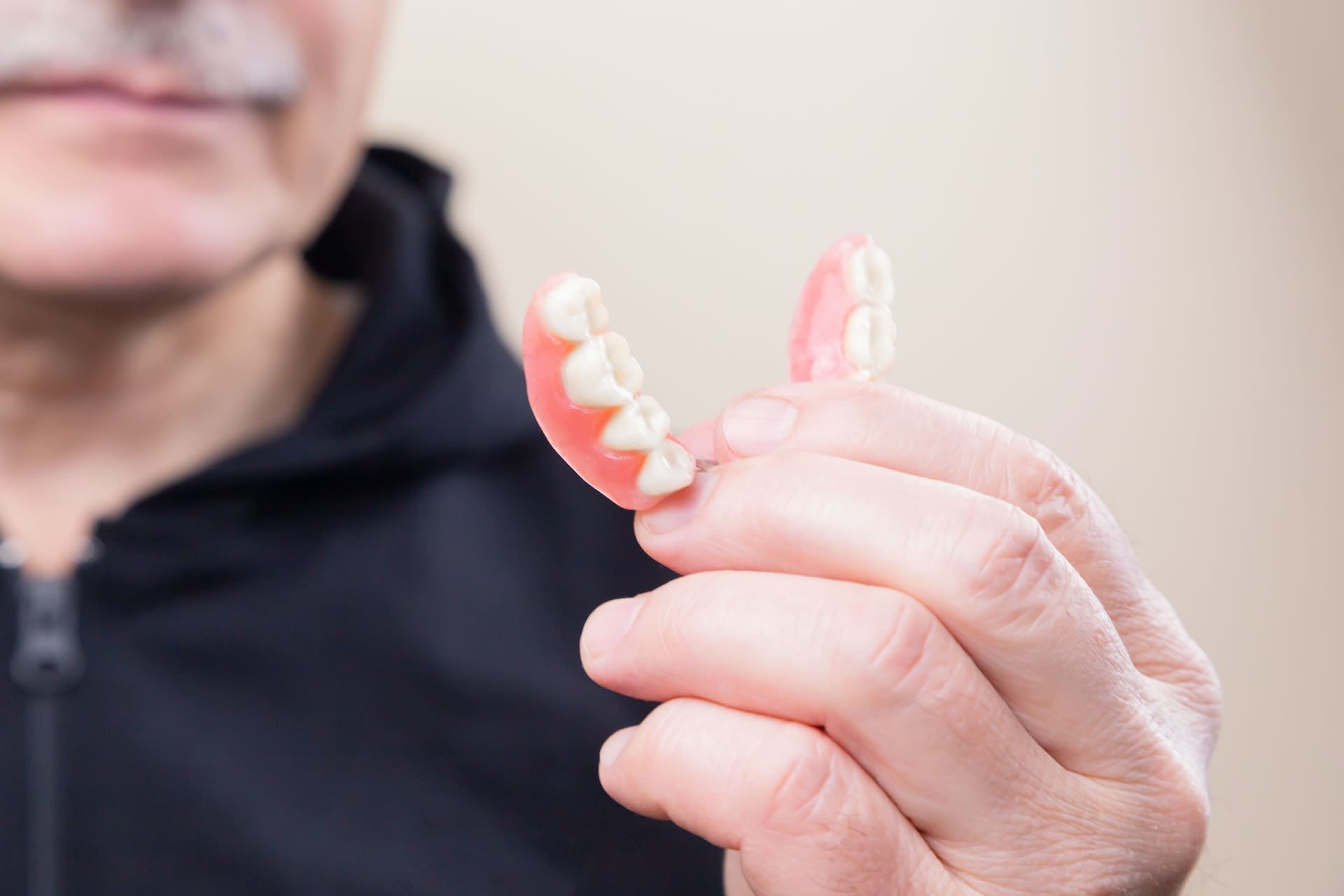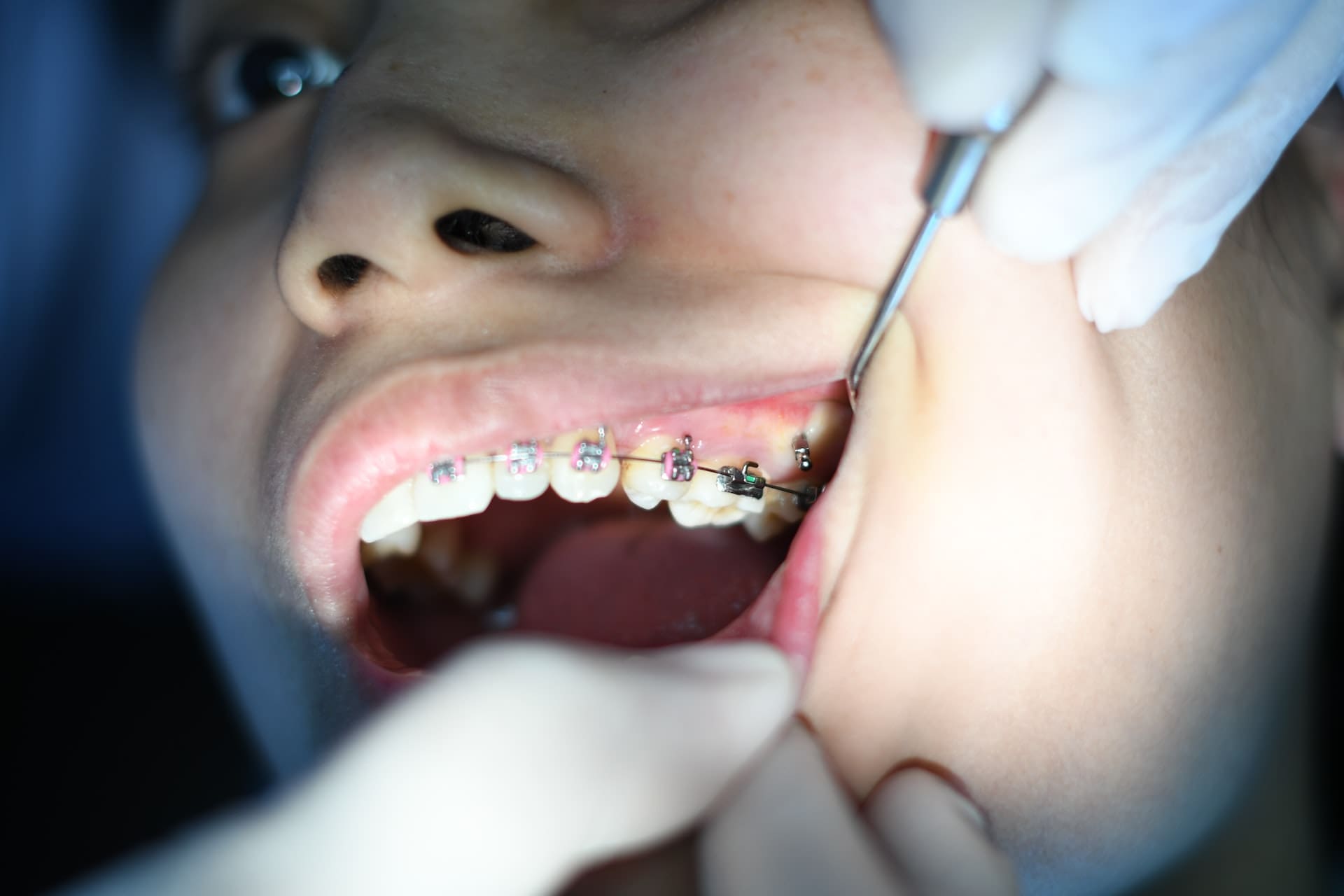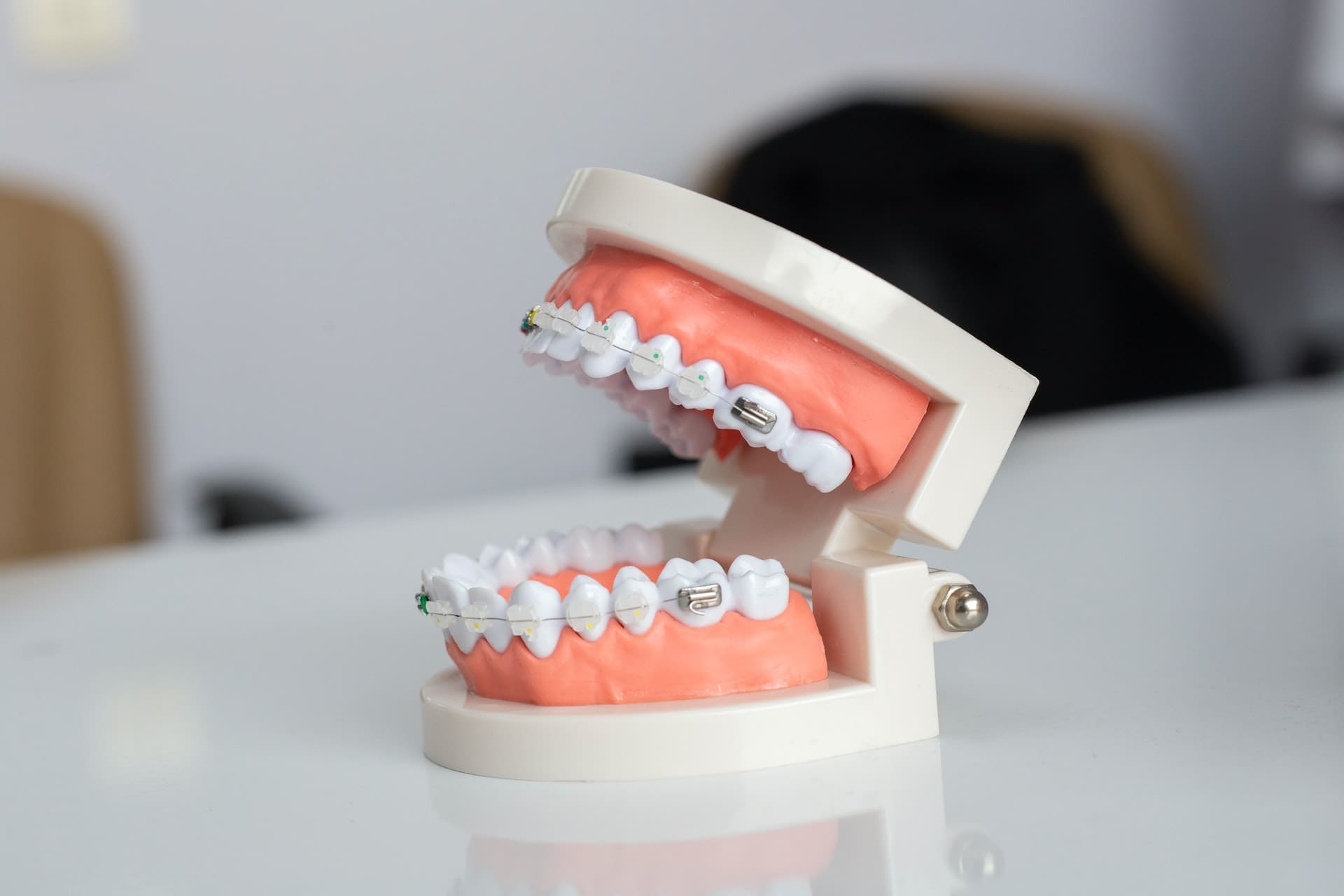What to Ask Your Dentist before Getting a Crown
Crowns are used to protect a tooth that has been damaged or is at risk for damage. They can also be used to improve the appearance of a tooth. In most cases, a crown will last for many years, but it can come loose or break and need to be replaced.
A dental crown is a restoration that covers the entire visible portion of a tooth. Dentists often recommend it because it can extend the life of a tooth for many years. There are other options for treating a tooth, but a crown is often the best option.
Here are four things you should ask your dentist:
1. Ask about Your Options
A filling is a material used to fill a hole in a tooth. A crown is a type of dental restoration that covers the entire tooth. In some cases, a filling can be used instead of a crown. However, if a large portion of the tooth needs to be filled, a crown may be a better option because it provides more protection than a filling.
2. Ask about the Risks of Postponing Getting Crowns
If your tooth chips, it may just need a simple repair. However, if it cracks, you may need a crown. In rare cases, if you wait to get treatment, you may need a root canal. Your tooth could potentially split in half, which would then require either crown lengthening or extraction by a dentist. These are things that your dentist should be prepared to discuss with you in more detail.
3. Ask Whether a Root Canal Is Necessary
If your tooth is cracked through, it will need a root canal. This is not something to be taken lightly because it can be quite painful. A root canal is a procedure where the dentist removes the nerve and the blood vessels from your tooth. This is done to prevent infection.
After the root canal, you will need a crown on your tooth. This ensures your tooth is protected and does not crack any further. A root canal is only necessary if a tooth is infected or inflamed. If a tooth is not infected or inflamed, it will not need a root canal.
4. Ask about How a Crown Treats Your Dental Problem
If your tooth hurts when you bite down, you may have a cracked tooth. A cracked tooth is a serious condition that usually requires a crown. Unlike a broken bone, a fracture in a tooth will not heal.
If a vertical crack in your tooth reaches the gum line, you will likely need a full-coverage crown. If the crack goes below the gum line, the tooth may require a root canal and crown lengthening or extraction.
Check to see if the tooth is actually cracked or if it just has crazed lines. Crazed lines are very common and not harmful. Almost every adult’s back tooth has crazed lines. These are just simple stress lines that do not necessarily indicate a crown.
A craze line in your tooth that is deep or very long might be a sign that a crack is developing. Ask your dentist to take a picture or use a hand-held mirror to show you the crack.
Conclusion
Getting a crown is a major decision that should not be taken lightly. There are many factors to consider, such as the type of crown, the material, the color, the fit, and the price. It is important to consult with a dentist or orthodontist to ensure that the crown is the best option for you.
At Weymouth Dental Arts, our team is highly experienced and offers a variety of dental treatments. Patients of all ages are welcome! Our office uses the latest and most advanced technologies to make your visit as quick and comfortable as possible. We thoroughly evaluate and treat all of the contributing root factors related to your oral health, ensuring that we leave no stone unturned. If you need dental crowns in Weymouth, MA, we’ve got you covered! Book your appointment today!



